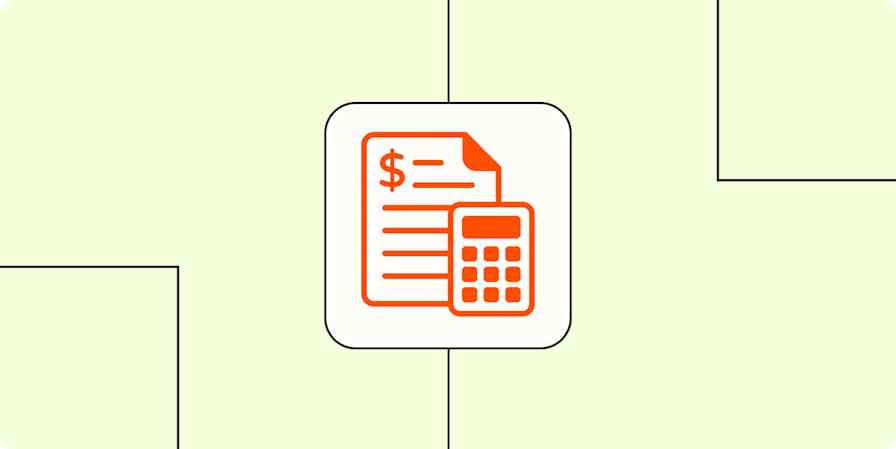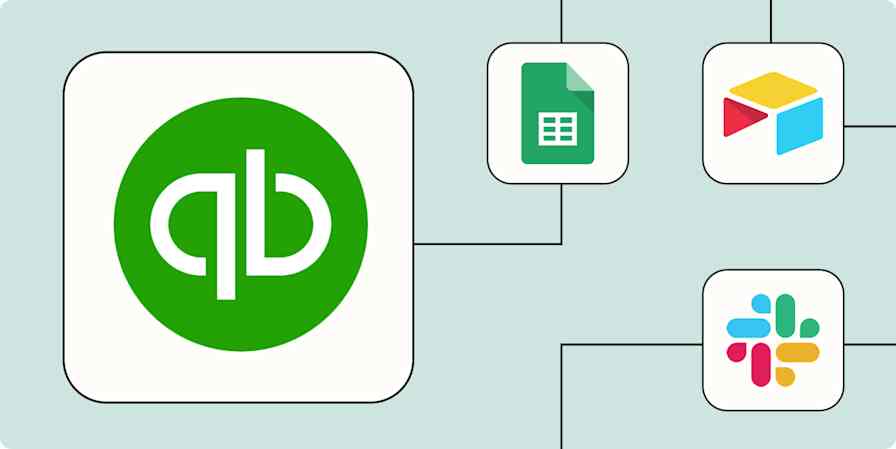Business tips
6 min readThe secret about paying less taxes that accountants don't want small business owners to know
3 common mistakes when it comes to filing taxes
By Alexis Krystina, CPA · January 8, 2021

Get productivity tips delivered straight to your inbox
We’ll email you 1-3 times per week—and never share your information.
Related articles
Improve your productivity automatically. Use Zapier to get your apps working together.








